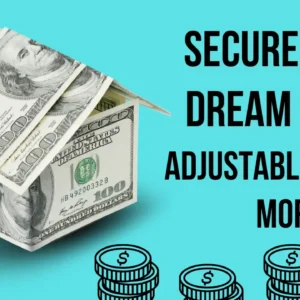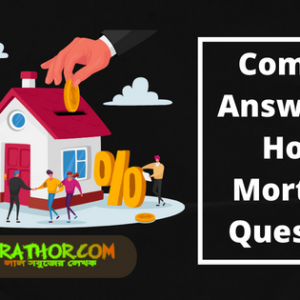
As a veteran, you’ve already served your country. Now it’s time for your country to serve you. One way the…

Buying a home is one of the most significant investments you’ll ever make. It’s a dream come true for many…

Many people are interested in getting a home mortgage but have no clue as to what the requirements are. Lenders…

Mortgages, like any other loan, are a serious endeavor to undertake. Thankfully, a mortgage is backed by a home, meaning…

Have you looking for a mortgage but are discouraged about qualifying for one? You aren’t alone. A lot of people…

Homeownership is a dream that is shared by many. This dream is usually achieved through a mortgage. Yet, the mortgage…




